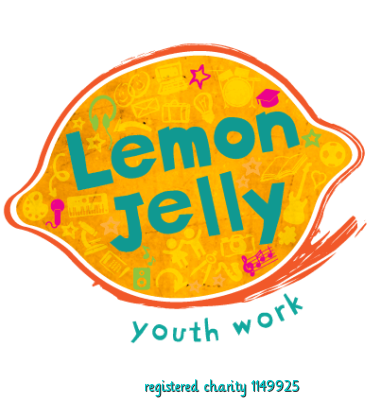|
SRE programme
Lemon Jelly Youth Work has a 15 year history of delivering PSHE to Years 5-13 in schools, special education units, other educational settings, to home schoolers, and youth clubs. Debs has written PSHE curriculum and content for teaching staff, a book of PSHE resources, and regularly teaches and trains in schools across North Devon. The bulk of the work is programmes designed to encompass a school’s PSHE requirements, or to compliment their current provision. The National Curriculum requirements for PSHE are covered, along with a broad and challenging range of sessions to include all aspects of sexual health, mental health, inclusion and diversity, healthy relationships. Currently there are around 70 separate sessions available, including a specific Year 5/6 programme - Lemon Jelly What's Next? (For more information about the What's Next programme please get in touch for the programme content) Standalones Standalones are a special collection of sessions that schools and smaller groups can buy in singly so as to fill particular gaps in their curriculum that are often hard to broach but are the ones that young people repeatedly report are the most important but least covered. Standalones have been taught multiple times, students respond brilliantly to them, and Debs updates them regularly to ensure relevance and engagement. Standalones take 40-60 minutes depending on the time available and can be taught to assembly-size groups. The sessions only need a laptop and projector, a whiteboard, and a collection of staff who are able to influence the group to listen at the same time as inevitably being excited and energised. Standalones, as with everything Lemon Jelly does, are priced to be useful, and currently each one costs just £60. Debs regularly writes new content, including particular content requested by schools in order to address a current need or gap in the curriculum. Pornography myths and pleasure - Year 10 The history of how did we get to this stage? Understanding that this generation are the guinea pigs for what happens to young people who grow up with access to hardcore porn in their hands. Examining what the group know and think they know, exploding the myths that porn creates and spreads. Wondering how porn could be different, used differently. Why and how to get better information. Puberty, bodies, and all the good stuff – Year 7/8 Full information and discussion about all aspects of puberty and adolescence. Designed to fully inform students and ‘standardise’ the content they received at different primary schools, the things they missed or forgot, and the things they are relying on peer information for. Consent I and II - Year 10 and 11 Consent I and II provide a comprehensive and hard-hitting look at what consent actually is, the wide-reaching effects of it, and how to change our culture of doing consent very badly. Contraception and STIs - Year 10/11 All methods of contraception available in the UK; the pros and cons of all; how they work; how they came to be; and why people choose them. Then an overview of STIs; how they affect us; why the bulk of STIs are carried by young women and gay men. How to avoid infection and how to make sure that you do not infect others. Sexuality, gender, and identity – Year 10/11 An explanation and journey into the vast and shifting world of sexuality and gender. Discussion of terms, people’s rights and the law, biology, allyship, and finding your own way through to authenticity. Sexism, harassment, and why we’re all getting it wrong – Year 9/10/11 Understanding the long history of differences between the sexes and how that has played out in terms of roles and expectations. How everything has changed in the last 100 years, and how much more there is to do. Looking specifically at the culture of harassment in schools, who that affects and how. The responsibilities we all have to change it up and how. Mental health and how to have a bad day – Year 8/9 An overview of mental health conditions and issues; why young people are dealing with year on year rises in issues; understanding our nervous system, cortisol, fight, flight or freeze. What can we do to support ourselves and each other. And particularly looking at the idea of How to Have a Bad Day – that if we can learn how to deal with a normal bad day, get strategies in place and have an easy plan, then we will have a foundation for dealing with a run of bad days, or something more challenging. For more information get in touch with Debs who can provide fuller rundowns of each session’s content or is happy to pop in/zoom to discuss. |
|

